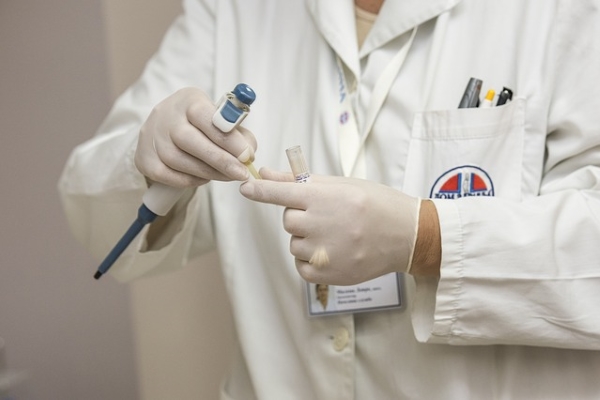

By: MuslimVillage
Source: MuslimVillage
Many Muslims, especially those living in the west, have to deal with great confusion when it comes to medical treatment. A question that often arises is, “Should I take a medicine that isn’t halal?” Another popular question is, “Is it okay if I’m unknowingly taking a medicine that might not be halal?”
Any product that is to be consumed is halal when the ingredients being used are halal and the process used for its production is halal. Yet the matter of ingredients and processes are not always straightforward or transparent making for a lack of clarity. Additionally, there are other matters, apart from consumable products and medications, such as euthanasia, gender selection, abortion, organ transplantation, and the list goes on where Islamic teachings are at best unclear to many.
Like other aspect of life, the ethics of Islam apply to the medical sphere as well. Muslim scientists, from both the medieval and modern eras, have contributed much to the field of surgery and medicine, and the medical ethics defined by Islam have always provided vital guidance in those endeavors.
What is Islamic medical ethics about?
The main focus of Islamic medical ethics is to honor the sacredness of a life by determining the better of two or more undesirable options. Medical treatment options and possibilities are studied in the light of Quran and Sunnah in order to arrive at the best solution given difficult choices. Our bodies are more than just a mere structure in which our soul resides, we are created in the “best stature” (Quran 95:4).
Therefore, both the soul and the body deserve the utmost respect and honor.
As creatures of Allah who are supposed to live by the rules revealed by our Creator, we are supposed to pay attention to our spiritual and physical well-being. This will help us live our lives to the fullest, for the sake of Allah, in gratitude for His blessings and with patience during difficulties.
Allah says in the Quran, “…whosoever killeth a human being for other than manslaughter or corruption in the earth, it shall be as if he had killed all mankind, and whoso saveth the life of one, it shall be as if he had saved the life of all mankind.” [5:32]
This Quranic verse indicates something of how we are required to approach the sanctity of human life and how much importance Allah gives to saving and preserving precious human life. What we are left with is the question regarding what rules and regulations define the limits for transgressions when looking onto a problem that can have a number of solutions with differing ethical possibilities. The ethics of Islam help to guide us away from choosing wrong and encourage us to adhere to the right path.
A Practical Step
Qibla.com is offering a course on Islamic Medical Ethics with a reliable and pious scholar, Mufti Safraz Mohammed, who can help with understanding the different rulings and issues that can arise when dealing with modern medicine. After taking this course the student should have greater clarity regarding how to correctly apply Shariah principles to common medical options and situations as well as regarding when to seek further expert religious advice. May Allah increase us all in knowledge and clarity.



